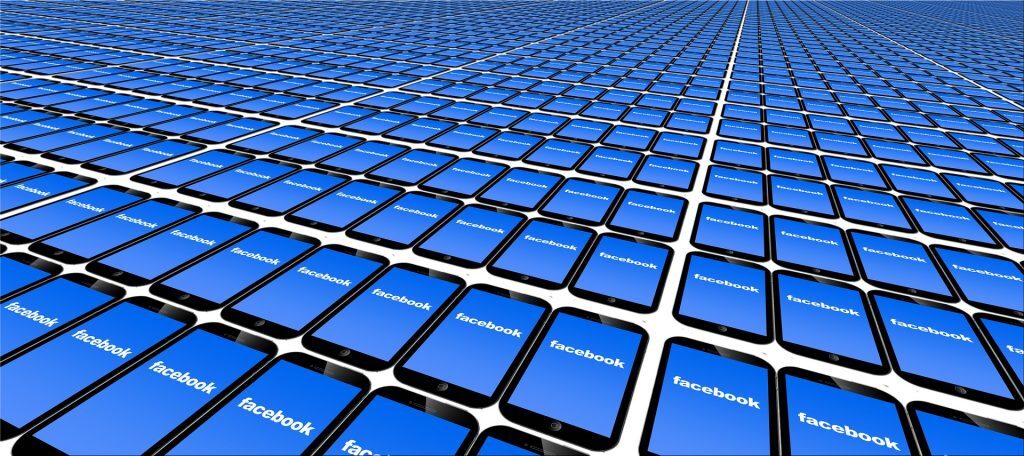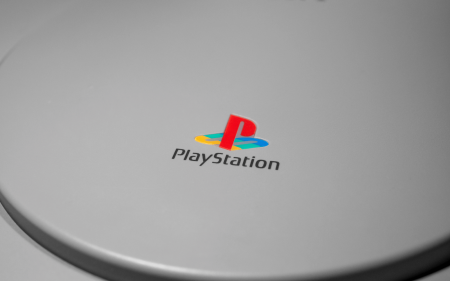Turning 15 is a drag. Just ask any teenager about this most awkward age of life and the pain of living through it. Imagine then that you’re Facebook. Last week as the largest social media network reached this milestone it seemed every bit the gangly kid trying to look cool while beset by angst and self-doubt. And being hated by the rest of the class.
Just a few years ago, Facebook was self-confident and self-certain. It grew from its early years of “move fast and break things” into something of an established global figure, the internet’s intranet as it were.
Then the 2016 US presidential elections happened, like an outbreak of acne that turned into a life-threatening disease, and has seen the annus horribilis of 2018 go from Cambridge Analytica saga to full-blown crisis of confidence.
Mark Zuckerberg’s post – on Facebook obviously – to commemorate this anniversary is as tone deaf as all of his other self-congratulatory postings about how his little dorm room experiment has exploded.
“As networks of people replace traditional hierarchies and reshape many institutions in our society – from government to business to media to communities and more – there is a tendency of some people to lament this change, to overly emphasize the negative, and in some cases to go so far as saying the shift to empowering people in the ways the internet and these networks do is mostly harmful to society and democracy,” he wrote.
“To the contrary, while any rapid social change creates uncertainty, I believe what we’re seeing is people having more power, and a long-term trend reshaping society to be more open and accountable over time.”
Anyone reading how the person who oversaw the millions of users stolen data from Cambridge Analytica, or the hacked that revealed 30m users login details could be forgiven for spitting their tea at the word “accountable.”
Not only has he claimed repeatedly that he’s responsible for all the scandals, but he’s successfully managed to avoid any such accountability.
Zuckerberg himself has cleverly structured Facebook’s shareholding structure so that he can’t be held accountable. He can’t even be fired by his own shareholders.
The New York Times ran a spoof friendship anniversary video – like the cheesy variety Facebook creates for its users– called “a friendship no one asked for”.
The video jokes: You brought 2.27bn people together….so what if more than 116m of them aren’t real” referring to the innumerable times the service has been misused by Russian internet trolls and other internets groups to spread fake news, misogyny and other hate speech. In Myanmar, Facebook has been implicated in helping spread the hate speech against the Rohingya and is accused of human right abuses.
Fact-checking website Snopes.com, a brilliant debunker of internet myths since 1994, announced at the beginning of the month it was cancelling its relationship, which began in 2016, by politely saying it was evaluating whether working with Facebook was a “net positive”. Clearly it wasn’t despite the $100,000 it was paid in 2017.
Facebook has said its costs rose $10bn last year as it hired more people to moderate hateful content, but numerous revelations have demonstrated these poor people have a few seconds per post to evaluate complicated criteria. Interviews with these staff, many of whom complain of suffering from burnout, reveal the efforts to root out so-called bad actors. Meanwhile Zuckerberg, who like me is Jewish, has defended Holocaust denialists.
Like all 15-year olds, Facebook has lost its innocence. It’s time to grow up,
This column first appeared in Financial Mail




